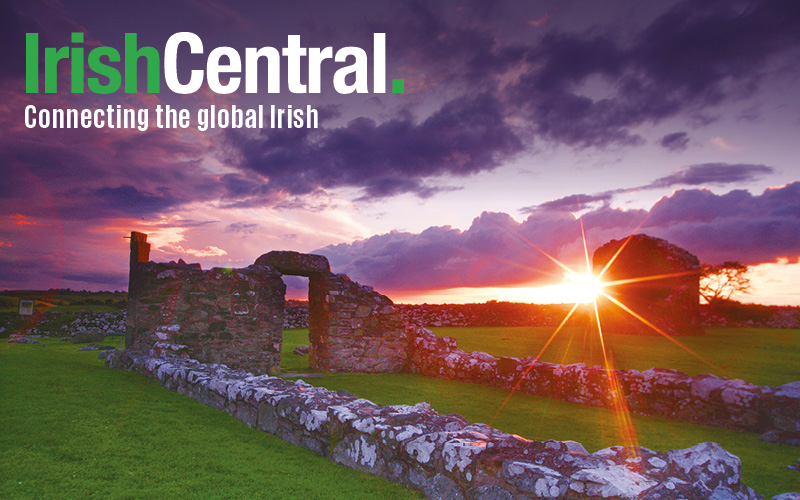The families of some British soldiers from 1916 are calling for a memorial in Ireland to the British Army dead in the conflict.
31 British soldiers were killed in the fighting and the grandchildren of one of them, Captain Frederick Dietrichsen, have called for a permanent memorial.
The British Army memorial is becoming a bit of a movement.
Writing in the Irish Times on Saturday political editor Stephen Collins approves of this. He wrote: “The commemorative program for 2016 also recognizes the scale of civilian casualties in Easter 1916, and does not shirk from acknowledging that the British army and police casualties are also worthy of remembrance.”
But are they all equal?
If the shoe were on the other foot would the British equally remember IRA bombers who killed themselves planting bombs during The Troubles or would the Irish government forgive the killers of Garda Jerry McCabe as part of an acknowledgment that all participants and victims were equal in some way?
Should we hail the men who strapped James Connolly to a wheelchair, blindfolded him and executed him?
Or the men from the South Staffordshire regiment who, as commentator John Dorney has written, bayoneted 15 innocent civilians to death?
“Infuriated with the losses they had suffered, on late Friday evening and early Saturday morning, the troops broke into the homes of the locals and shot or bayoneted 15 civilian men whom they accused of being rebels. They killed three men at 170 North Kings Street whose dead bodies were found to have bayonet wounds, then broke into number 172 and killed two men. In number 174 two more were shot dead. Two more civilian men were killed at number 177 and in 27 North King Street another four men, who all worked there at the Louth Dairy were found dead in a basement and one more man was killed at number 91. The fifteenth was shot dead on adjoining Coleraine Street by the British troops."
Such massacres were routinely carried out by the Black and Tans in later years and they too suffered major casualties in the War of Independence. Shall we hear calls to commemorate their fallen too equally?
Like it or no the British were in Ireland as conquerors, never accepted by the native people. The British Army in 1916 was defending an imperialist possession and was quite ready to kill maim and massacre those who opposed British rule.
In the new Ireland are these aggressors to be considered on a par with the Irish revolutionaries and the Irish citizens who died?
I think not. The Kumbaya theory of history only takes us so far.
It is a bad idea as Sinn Féin TD Peadar Toibin wrote on Twitter: "British Soldiers imposing oppression through violence should not be commemorated equally with volunteers seeking Irish freedom.”
Amen to that.




Comments